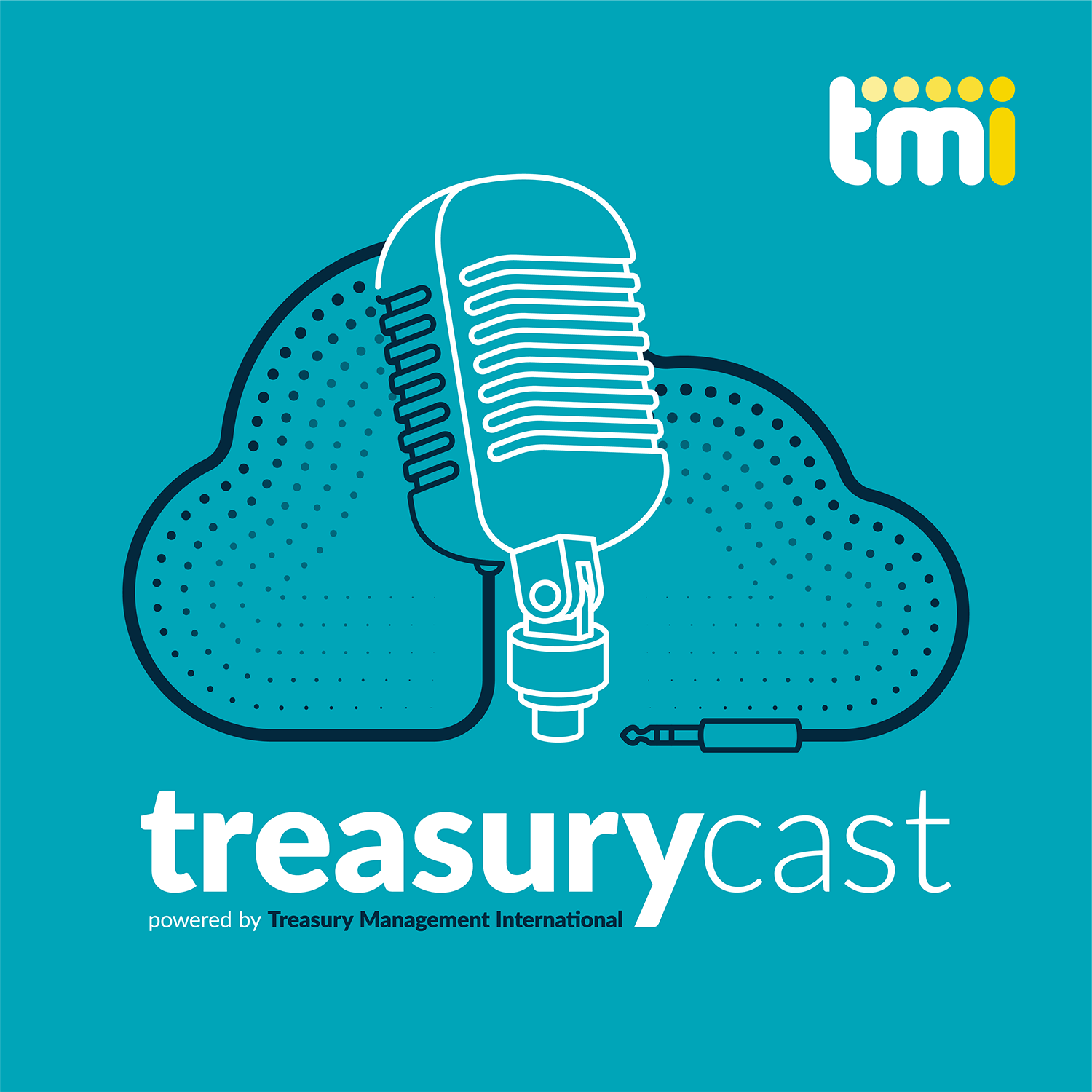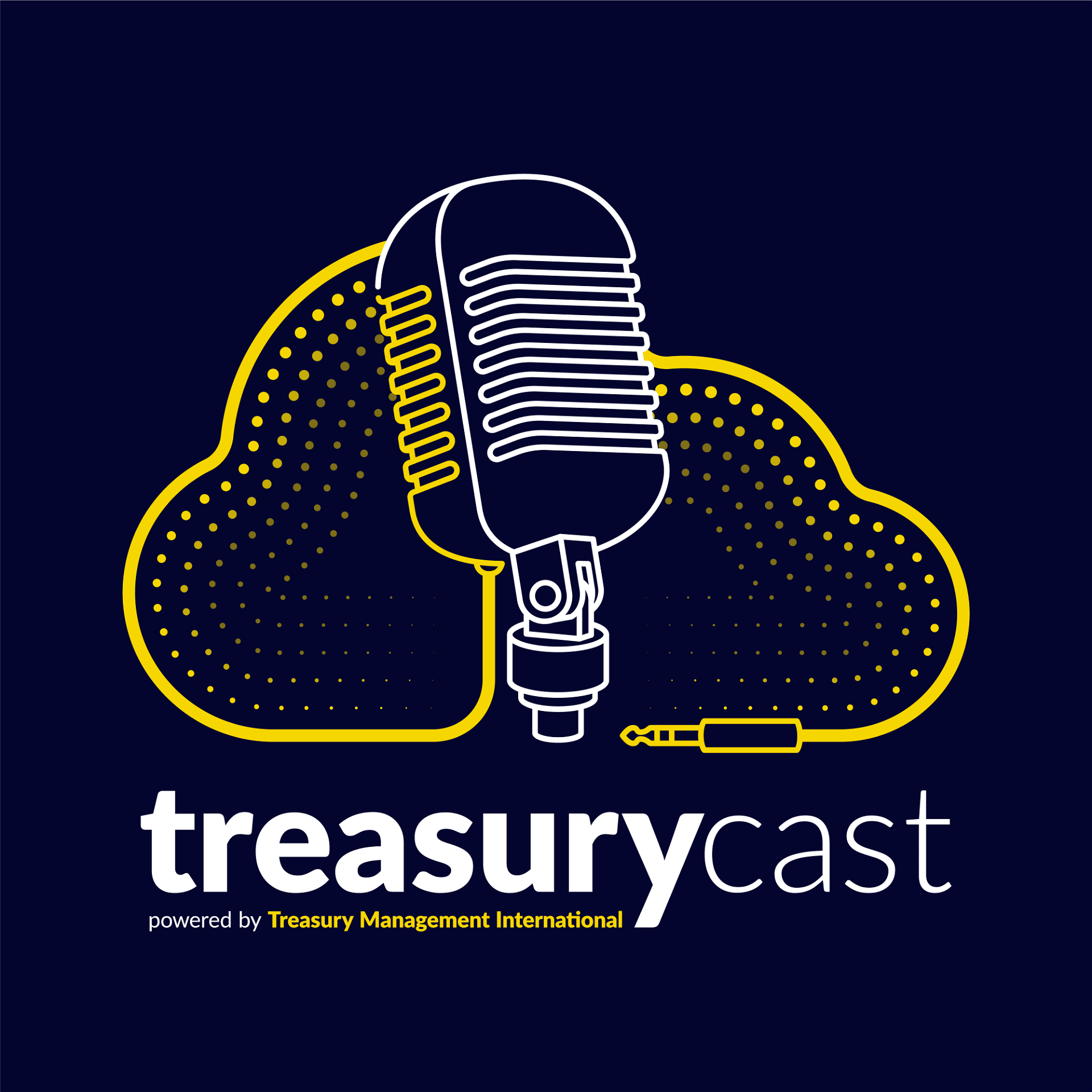Challenging macroeconomic conditions, geopolitical tensions and political polarisation are contributing to increased short-term scepticism about the importance of ESG considerations by corporations, investors and governments, but the long-term outlook for sustainable finance remains solid, Sustainable Fitch says in its ESG outlook for 2023.
We expect to see a stronger focus on implementation of net-zero and decarbonisation pledges, with investors and other stakeholders expecting to see clear pathways for achievement beyond simply announcing their commitments. Companies will continue to increase allocation of resources to ESG functions including training board members and senior management. Sovereigns whose national determined contributions to the Paris Agreement are not on track will need to engage the private sector to enable the transition through changes in industrial policy and enabling low-carbon technologies.
Growing focus on physical climate risk due to increased incidence of extreme events and their economic and social impacts will spur investment flows to address this and raise the importance of government support for climate resiliency infrastructure. The expansion of central bank climate stress-testing will provide more data on the financial sector’s preparedness under rising temperature scenarios.
Emerging markets governments and corporations are likely to capitalise on opportunities to attract financing related to climate change adaptation, natural capital and biodiversity. This includes increased issuance of ESG-labelled bonds, blended finance facilities, climate-focused lending programmes from multilateral development banks, and voluntary carbon markets.
Rising focus on ESG by private debt and equity investors, and by retail investors, will expand the range of topics within sustainable finance. The raising of several large impact funds in 2021 and 2022 suggests growing interest in energy transition, healthcare and education among private investors. An influx of younger retail investors since 2020 who prioritise environmental and social considerations has contributed to growth in thematic ETFs including ESG fixed-income funds. This will influence investment managers as the age profile of retail clients continues to fall.
ESG Market Trends 2023
Key themes of report
- Economic and Political Challenges to Test ESG’s Staying Power
- Increased Focus on Climate Pledge Follow-Through Implementation
- Growing Physical Risks to Drive Short-Term Mitigation Strategies
- Emerging Markets to Benefit from Focus on Nature and Climate Equity
- Private and Retail Investors Bring New ESG Priorities to Capital Markets





